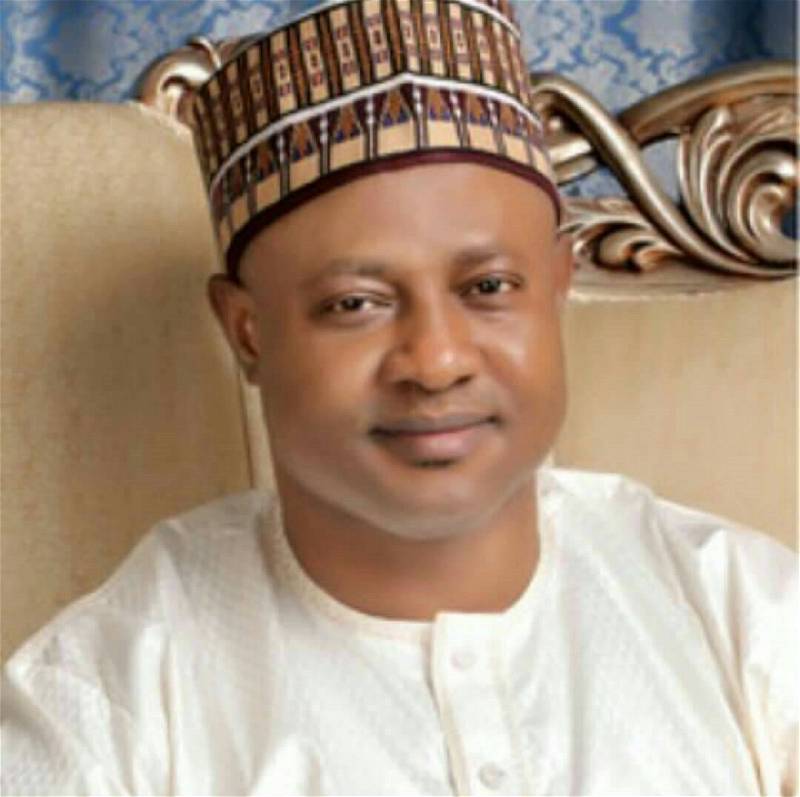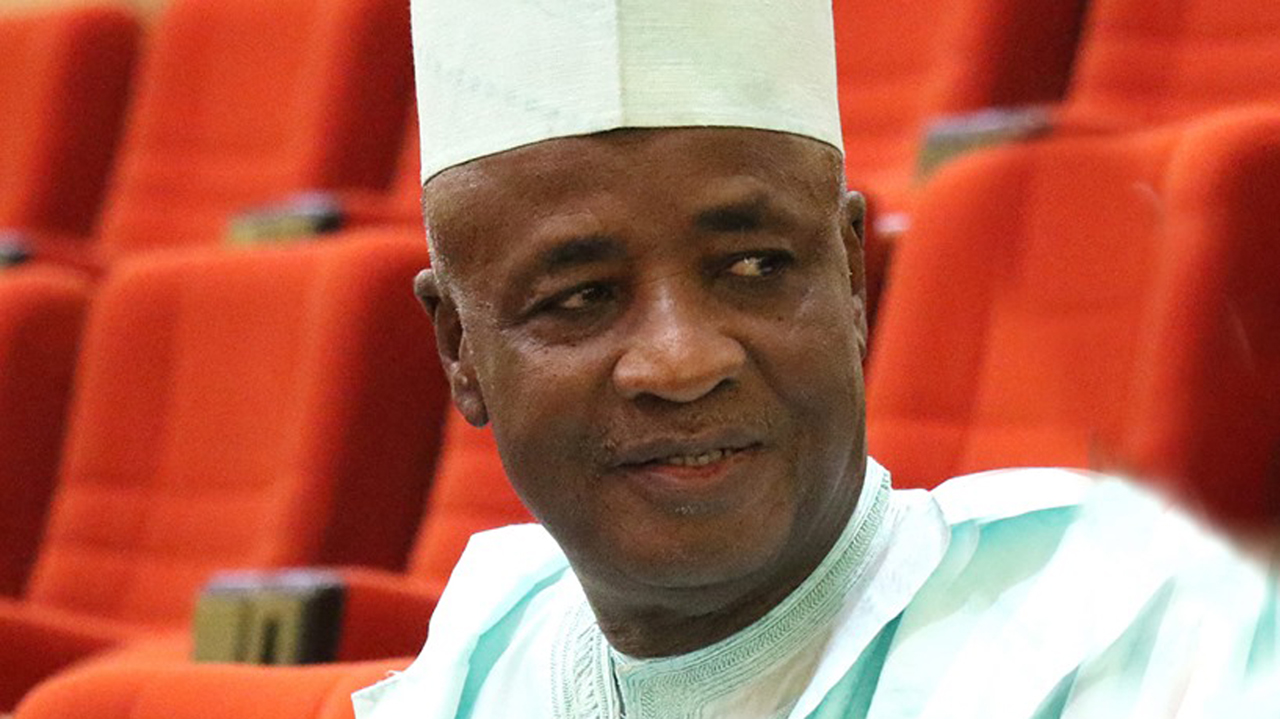By Emmanuel Ado
The debate will continue for long time to come on how in practical terms citizens (Nigerians) can play a more inclusive and dynamic role in advancing good governance,which everyone craves and advocates for as Nigeria and the various sub-national governments strives towards inclusion and sociology-economic development. Strengthening the relationship between the government and citizens is a necessity that will promote policy, project formulation, projects implementation, monitoring and evaluation.
There is a correlation ship between open government,transparency,accountability and good governance. Open government is undoubtedly citizen empowerment,it empowers citizens as critical stakeholders to question and in a fundamental way hold various State actors accountable.The end result being enhanced service delivery by the government. There are abundant evidence that where citizens have participated actively in the various processes, that tremendous successes have been recorded.Unfortunately what obtains is an appalling “I don’t careism” and crass ignorance of the reforms,that have clearly changed the way governments at all levels conducts its business.
Nigeria has definitely been making “rather slow” but steady progress – from budget preparation to implementation. From 28th July,2010 when the Federal Executive Council approved the adoption of the International Financial Reporting Standards(IFRS) and International Public Sector Accounting Standards(IPSAS) for the Private and Public Sectors respectively,corruption was dealt a major blow. By that singular decision IPSAS Compliant Budget Format became the approved basis for budget preparation and implementation in Nigeria. IPSAS is an international framework for government financial reporting,with set rules on how the accounting system measures,records and processes economic transactions,including presentation and disclosure requirements.IPSAS so provides complete and accurate view of public sector financial statements. There is also greater credibility being the same accounting standards used by most governments of the World.
Though the federal government hasn’t implemented,few states including Kaduna, Adamawa,Enugu states have adopted it to their benefit. The six (6) main segments of IPSAS are; Administrative Classifications- it depicts organizations receiving budgetary resources, Economic Classifications- detailed breakdown of budget revenues,borrowing and expenditures, Functional Classification- it shows the revenue and expenditure by functions of government, such as Pubic Order and Safety Matters. Programme Classification- planned budgetary allocation to specific programmes, such as poverty alleviation. And twenty- one (21) programmes were identified for implementation by the federal , states and the local governments. Fund Classification- denotes funds under which public funds are authorized(Consolidated Revenue Fund, Capital Development Fund etc). Geo- Location Classification – location of projects or government institutions undertaking transactions.
The beauty of IPSAS includes improving accountability and transparency,greater disclosures,that would provide information for better decision – making and value for money,especially in areas of capital expenditure-loans,asset purchase, nationalization, and non-exchange transactions. After all these are the purpose of government.Consequently a Standardized National Chart of Account was developed and adopted to be used by Federal,States and Local Governments in line with the provisions of the Government Financial Statistics (GFS) of the International Monetary Fund(IMF). The decision of the Goodluck Jonathan administration is backed by several laws,including the Finance(Control& Management) Act of 1958, and the Fiscal Responsibility Act of 2007.
Federal,State and Local Governments budgets ought to be prepared based on the Six Segments of the National Chart of Accounts and Templates of IPSAS Compliant Budget Format. The difference between IPSAS and the budget system based on administrative and economic classification,is that it doesn’t offer much.This partly accounts for the surprising that the 2016,2017 and 2018 budgets suffered and has continued to suffer “internal bleeding”. For instance,the Medium Term Projections of aggregate revenue, expenditure and financing by Economic and Programme and actual of the two preceding years was missing,so Nigerians were denied a comprehensive overview of the fiscal policies. It also lacked summary and detail revenue from the Federation Accounts,summary and detail independent revenue of the federal government by Sub- Organizations(MDA’s) summary and detail capital receipts – internal and external borrowings,Aid&Grants by Sub- Organizations ring fenced to capital projects.These are the projections the hitherto sleeping Senate and Nigerians should be asking.
The Buhari federal government has since 2015 forced down several reform package down the throats of the 36 states and the federal capital territory,notable exceptions being Kaduna and Enugu states that were already on the reform road. Kemi Adeosun,the Minister of Finance in 2015 signed the Fiscal Sustainability Plan(FSP)-Framework For Sustainability of Sub- National Governments of Nigeria – with the 36 States,the Federal Capital Territory and 774 Local Governments of Nigeria.The FSP aims to address the issue of Fiscal Responsibility with 5 Key strategic objectives and a recommended 22 point Action Plan that will Improve Accountability and Transparency,Increase Public Revenue,Rationalize Public Expenditure etc. States were to publish Audited Financial Statements,publish Budget Implementation Performance Report,Implement TSA,Review various Revenue Laws,Biometric Capture of Civil Servants etc.
For instance by increasing Public Revenue through increasing independently generated revenues, states that are cash strapped can “stand -alone” as strong functional entities,with capacity to function. They where also expected to make every kobo count, by a rationalized Public Expenditure, through efficiency, reduced costs and plugging of leakages.Improve Public Financial Management by embarking on a series of reforms – revision of archaic laws, civil service rules etc. Finally a Sustainable Debt Management, such that States debts are sustainable and at a healthy level.In a sense the FSP is to save the states, most of whom are permanently on blood transfusion (FAAC) from themselves, like drug addicts must be saved from themselves.
The Kaduna State Government didn’t need Kemi Adeosun,the Minister of Finance to prod it into embarking on these reforms,but for her the FSP became an added impetus and it has significantly met most of the 22 Action Plans.Working with Ifueko Omoigui ,one time Chairman of the Federal Inland Revenue Service,a radical restructuring of the Kaduna State Internal Revenue Board was effected. Such that the Kaduna Revenue Service,that is capable of effectively raising the much needed finances, for the myriads of projects the governor has on his table,was born.From a paltry N600 million a month,IGR the Kaduna State Internal Revenue Service now generates 2 billion naira.
Kaduna State government has since 2015 as part of the Reforms consistently made it a point of duty to subject its budget estimates to town hall meetings for inputs and scrutiny. In 2015 over 3 billion naira was added to the budget from inputs by citizens. The State published its Audited report in line with the Fiscal Responsibility, but like other issues including general elections, the vast majority are too busy to attend,but they complain when their communities are inadvertently left out in projects.Though due to the information revolution there has been an “increased participation” on the various social media platforms but they are largely and unfortunately uninformed. The Audited Statement of Account will show cost of projects and the government can be taken up on it,but sadly these reports gather dust,due the same lackadaisical attitude to public hearing by the National Assembly and the various State Houses of Assembly, on very important policy issues, what some development experts refer to as a “culture of silence”.
Like the pacesetter that Kaduna State is,it had signed up on the Open Government Partnership,long before the federal government did after a Citizenship Perception Survey showed the dissatisfaction of the people,the ultimate key stakeholders with the way government ran its affairs. The goal remains entrenching the “commitment of Kaduna State Government in area of fiscal responsibility,access to information and citizens engagement”. The OGP is an international multi-stakeholder initiative focused on improving transparency,accountability,citizen participation and responsiveness. It brings together Government and civil society who recognize that governments are more likely to be more effective and credible when they open governance to public input and oversight.
Kaduna State is not yet there,but the sincere commitment to deepen mainstream transparency mechanism,increase access to information,enhance citizen engagement and empowerment is not in doubt. And joining the Open Government Partnership is part of a continuing commitment towards “open,accountable and responsive Government that is answerable to the people,obviously the effort is not for show. The ball is definitely in the peoples court to take advantage and hold the Government to account,and the tools are there. Kaduna State has gone further to develop a Kaduna Citizens App,which allows the citizens to interact real time with government. The objective of the “Ears and Eyes” is to ensure that citizens take control of projects, that they ensure that quality of projects are not in anyway compromised,and if below an inquiry can be triggered just by the press of a button. The “culture of silence” informed by “I don’t carism” must be replaced by concern and engagement.




